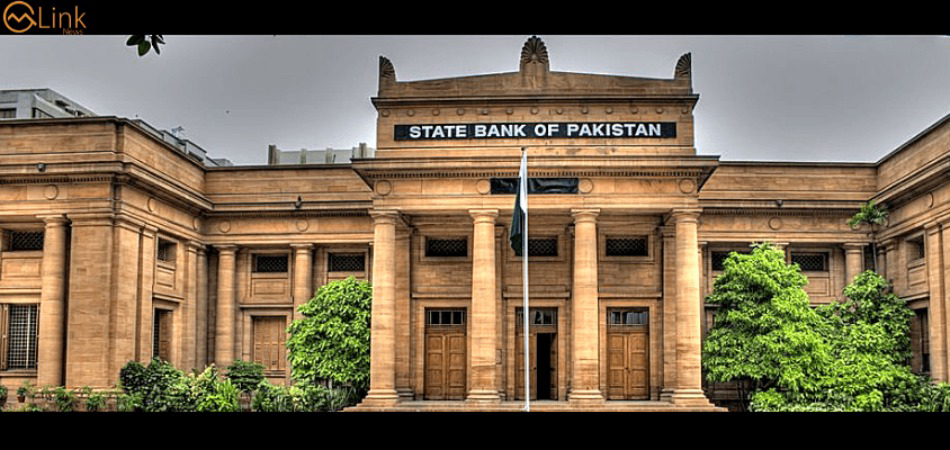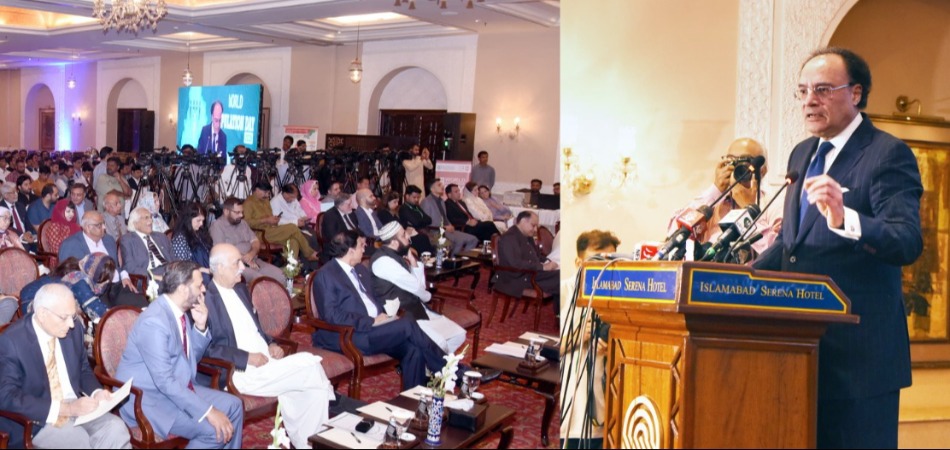Section 7E: A Closer Look at Controversy, Benefits
.jpeg)
Nilam Bano | August 14, 2023 at 11:08 PM GMT+05:00
August 14, 2023 (MLN): In the hustling world of real estate, there's a term causing quite a stir- Section 7E. But what's all the chorus of concern? Well, it turns out that people closely connected to this industry are not at all happy about it. But it is not that bad as it offers beneficial exemptions and provisions in the realm of real estate taxation.
What is Section 7E?
“Through Finance Act, 2022 section 7E was introduced whereby, for tax year 2022 and onwards, every resident person has been treated to have derived as income, an amount equal to 5% of the fair market value of the capital asset situated in Pakistan subject to exclusions of the capital assets provided under sub-section (2),” According to the circular notice issued by FBR on July 21, 2023.
The said deemed income is chargeable to tax at the rate of 20%, the effective rate of 1% of the fair market value of the immovable property, it added.
Why do industry enthusiasts perceive Section 7E as unfavorable?
Because in their perception those who file taxes under Section 7E are poised to bear the brunt of paperwork and inquiries whereas those who choose not to file taxes seem to be partying along by paying just 1%, avoiding any inquisitive questions.
What actually it offers?
There is always a silver lining. The same is the case embedded within Section 7E. Delving into details, one capital asset is exempted from the clutches of this taxation with no upper limit on its price. In addition, a factory or shop also rested in a safe haven where Section 7E is not applicable.
Furthermore, Section 7E graciously stepped back, granting relief to those who are in the realm of rentals. The series of exemptions extended to the fields of agriculture. If you are cultivating your own land, Section 7E does not have any implications.
A significant exemption for new property purchasers. If someone entered the property arena within the year and paid a substantial tax of 236k, a shield of exemption will protect him from the grasp of Section 7E.
It remains accommodating if the aggregate fair market value of properties does not exceed Rs25 million, capital assets owned by provincial and local governments, and capital assets owned for land development and construction by registered builders, developers, or development and local authorities.
It facilitates the conversion of black money into white:
Let’s assume properties scale to a staggering Rs100 million, the government takes a rather generous stance by calculating a mere 5% as the assumed rent, they levy a 20% tax on that mere rental amount. If we envision a property valued at Rs100mn, a mere 5% of that amounts to Rs5mn. And the tax? Just Rs10mn. In this complex equation, a portion of Rs5mn of the property's worth turns a gleaming shade of white.
Then why it is being bashed?
Section 7E has varying effects on three distinct categories:
- Filers under Section 7E are obliged to acquire a certificate from the income tax commissioner to settle their dues.
- Non-tax filers are required to settle their dues by paying a challan and submitting it to the transferring authority.
- Non-filers will pay 1% tax only then no one will ask any question, thereby evading any questioning or scrutiny.
The most affected among the three aforementioned categories are those who file 7E tax. When an individual plans to sell a property, the prospect of encountering the income tax commissioner, who inquires about other property holdings, often discourage them from proceeding with the sale.
Only this dynamic will significantly impact the real estate industry. Thus, it is crucial to consider the implementation of an online certification system to address the abovementioned concern.
Copyright Mettis Link News
Related News
| Name | Price/Vol | %Chg/NChg |
|---|---|---|
| KSE100 | 134,299.77 290.06M |
0.39% 517.42 |
| ALLSHR | 84,018.16 764.12M |
0.48% 402.35 |
| KSE30 | 40,814.29 132.59M |
0.33% 132.52 |
| KMI30 | 192,589.16 116.24M |
0.49% 948.28 |
| KMIALLSHR | 56,072.25 387.69M |
0.32% 180.74 |
| BKTi | 36,971.75 19.46M |
-0.05% -16.94 |
| OGTi | 28,240.28 6.19M |
0.21% 58.78 |
| Symbol | Bid/Ask | High/Low |
|---|
| Name | Last | High/Low | Chg/%Chg |
|---|---|---|---|
| BITCOIN FUTURES | 118,140.00 | 119,450.00 115,635.00 |
4270.00 3.75% |
| BRENT CRUDE | 70.63 | 70.71 68.55 |
1.99 2.90% |
| RICHARDS BAY COAL MONTHLY | 97.50 | 0.00 0.00 |
1.10 1.14% |
| ROTTERDAM COAL MONTHLY | 108.75 | 108.75 108.75 |
0.40 0.37% |
| USD RBD PALM OLEIN | 998.50 | 998.50 998.50 |
0.00 0.00% |
| CRUDE OIL - WTI | 68.75 | 68.77 66.50 |
2.18 3.27% |
| SUGAR #11 WORLD | 16.56 | 16.60 16.20 |
0.30 1.85% |
Chart of the Day
Latest News
Top 5 things to watch in this week
Pakistan Stock Movers
| Name | Last | Chg/%Chg |
|---|
| Name | Last | Chg/%Chg |
|---|




 MTB Auction
MTB Auction